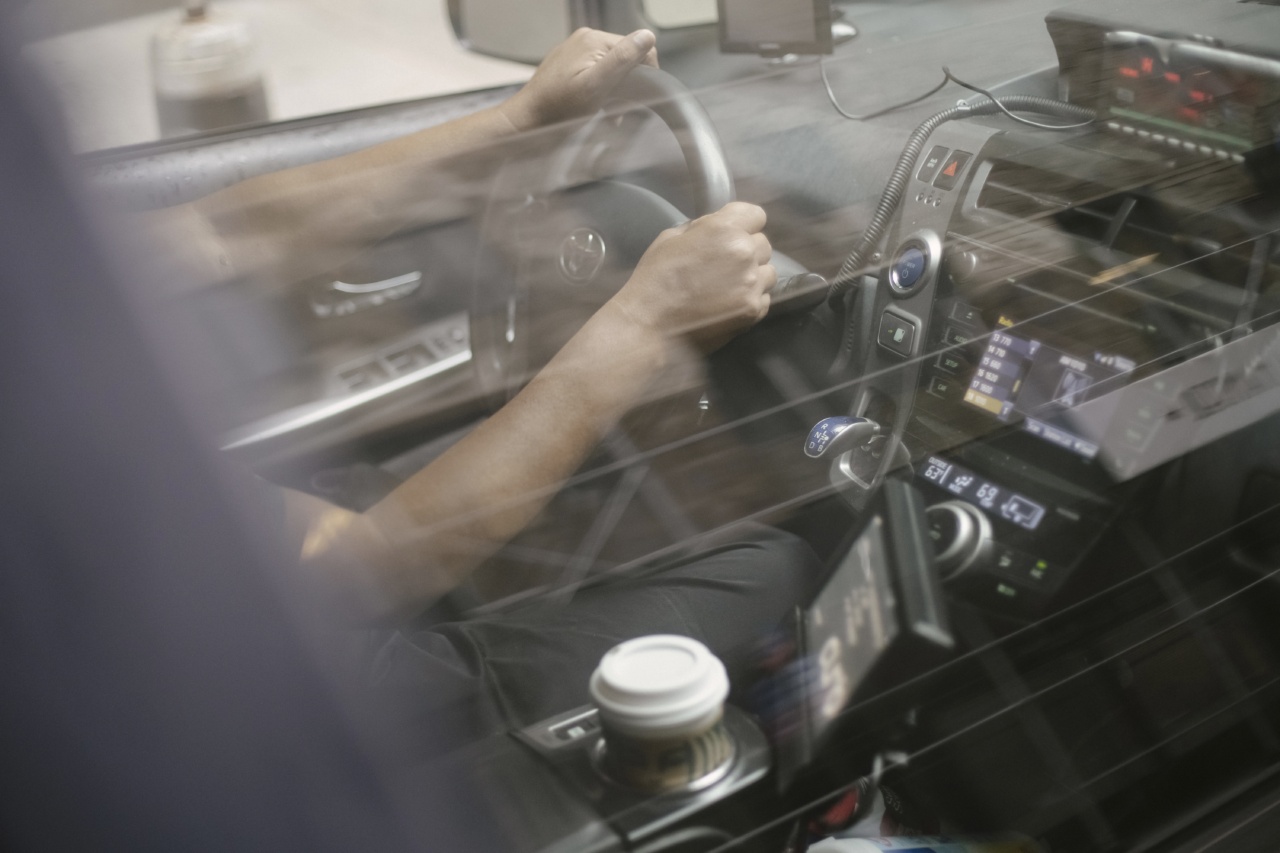Coffee is a go-to drink for many people looking to stay alert and focused, particularly when driving long distances.
But how much coffee is enough to ensure safe driving? And is relying on caffeine to stay awake and alert behind the wheel really a safe option?.
The Science Behind Caffeine
Caffeine is a natural stimulant that works by blocking adenosine, a brain chemical that makes you feel sleepy, and promoting the release of adrenaline, a hormone that stimulates the body’s “fight or flight” response.
This combination of effects can help improve mental alertness, concentration, and reaction time, making caffeine a popular choice for staying awake and focused when needed.
However, caffeine can also have negative side effects, such as jitteriness, anxiety, and a racing heart rate, particularly in higher doses or in people who are sensitive to its effects.
It can also lead to dehydration, which can further impair mental and physical performance. Additionally, caffeine can interfere with sleep, making it harder to get the restful and restorative sleep needed for optimal cognitive function.
The Effects of Caffeine on Driving
While caffeine can help increase alertness and improve reaction time, the effects are not necessarily long-lasting or consistent.
According to research, the effects of caffeine on driving can vary depending on the dose, the individual’s tolerance, and other factors such as sleep quality and time of day.
One study published in the journal Sleep found that moderate doses of caffeine (around 200-300mg, or two to three cups of coffee) can help improve driving performance and reduce the risk of accidents.
However, the effects of caffeine are not always predictable, and can also depend on other factors such as the individual’s sleep quality and time of day. For example, if you are driving late at night after a long day of work or activity, the effects of caffeine may be less pronounced than if you are driving first thing in the morning after a good night’s sleep.
It’s also worth noting that relying solely on caffeine to stay awake and alert when driving can be risky, as it can mask underlying fatigue and impair judgment and decision-making.
According to the National Sleep Foundation, drowsy driving is a major contributor to accidents on the road, and can be just as dangerous as drunk driving. Symptoms of drowsy driving include heavy eyelids, yawning, drifting out of your lane, and trouble remembering the last few miles driven.
Other Tips for Safe Driving
If you’re feeling tired or drowsy behind the wheel, there are several other strategies you can try to stay awake and alert. These include:.
- Taking a nap or resting before driving, if possible
- Breaking up long drives with frequent rest stops
- Driving with a partner who can help keep you awake and alert
- Avoiding alcohol, which can further impair cognitive function and judgment
- Staying hydrated by drinking water or other non-caffeinated beverages
- Eating a healthy meal or snack to maintain energy levels
The Bottom Line
While caffeine can be a useful tool for staying awake and alert while driving, it’s important to be aware of its limitations and potential risks.
Rather than relying solely on caffeine to combat drowsiness, it’s important to prioritize good sleep hygiene, take frequent breaks, and practice other strategies for maintaining alertness and concentration on the road. By being proactive about your driving habits and staying aware of the signs of fatigue, you can help ensure that you and other drivers stay safe on the road.































